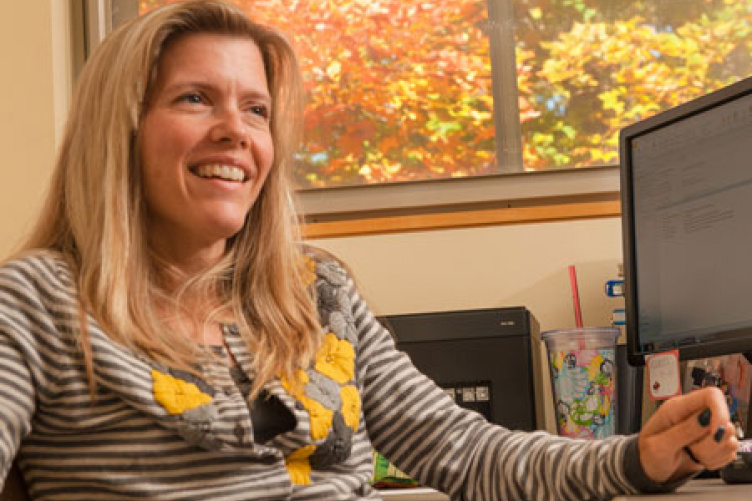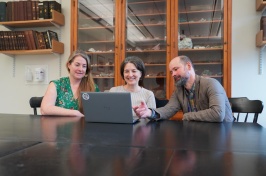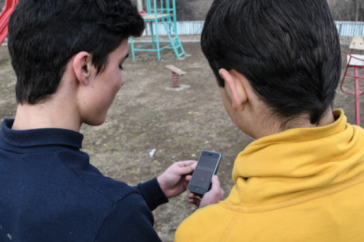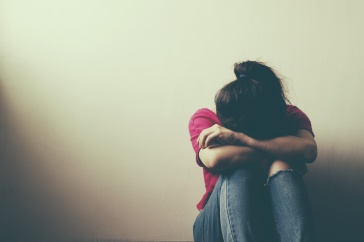
When Corinna Jenkins Tucker learned that her study linking the effects of sibling aggression to poor mental health outcomes would be published in the journal Pediatrics, she was thrilled: The prominent journal would put this important research directly in front of pediatricians, who could share its results with worried parents at children’s annual physicals.
Tucker and her co-authors from UNH’s Crimes against Children Research Center – center director and professor of sociology David Finkelhor, professor of sociology Heather Turner, and researcher Anne Shattuck – never imagined that hundreds of news outlets, from the New York Times to The Onion, would report on the study and carry its message directly to those parents and caregivers.
Four months after the study came out, Tucker, an associate professor of family studies, has retreated from the media glare and returned to her research. She talks to UNH Today about the impact of sibling aggression and why it resonates with families.
Can you give us an overview the study and its findings?
CT: We wanted to know whether there was a connection between being a victim of sibling aggression and mental distress. The literature shows us that connection exists for peer aggression, and we found that yes, sibling aggression is linked to mental distress, even for cases of mild sibling aggression. Kids who reported just one instance of aggression had more mental distress.
One thing that’s unique about this study is its size and scope: We used David Finkelhor’s data from the National Survey of Children’s Exposure to Violence. It surveyed 3,500 kids between the ages of one month and 17 years. It’s comprehensive – it includes multiple types of sibling victimization across a wide age range.
Why is this important?
CT: Until now, there’s been a big focus on peer bullying but very little focus on sibling aggression. Sibling aggression is dismissed; it’s seen as something that’s normal and harmless. Some parents even think it’s beneficial as good training for dealing with conflict and aggression in other areas. But we found that sibling aggression matters to children and teens.
You fight with your siblings a lot more than you fight with your peers, and the rules aren’t as clear. I would love to see the prevention and intervention programs that focus on peer bullying expand to focus on siblings as well.
What’s been the response to this study?
CT: The response has been surprising to me. I was hoping that a couple of pediatricians would pick it up and pass it on, since pediatricians are often the first professionals parents talk to about siblings. To see it blossom and be featured internationally in the news media has been great. It brings focus to a really important issue.
It’s not just reporters – I’ve been contacted by people around the world who have experienced this. There are parents who are concerned about what’s happening in their own households. They want to know how to recognize this, what to do about it. And I’ve heard for a lot of adults who experienced sibling bullying as kids. Many of them are reaching out to find out ways to heal.
What can parents do when their kids fight with each other?
CT: That’s been a common question from the reporters I have spoken with. Parents can teach constructive conflict management and resolution by working with their kids on perspective-taking and negotiation. Parents also can act as a facilitator to help their children work toward a solution that the kids generate together, which helps the parents not be perceived as taking sides.
Parents teach their kids sports skills and academic skills. As parents, it is important to teach them relationship skills, too.
Originally published by:
UNH Today
-
Written By:
Staff writer | Communications and Public Affairs





















































